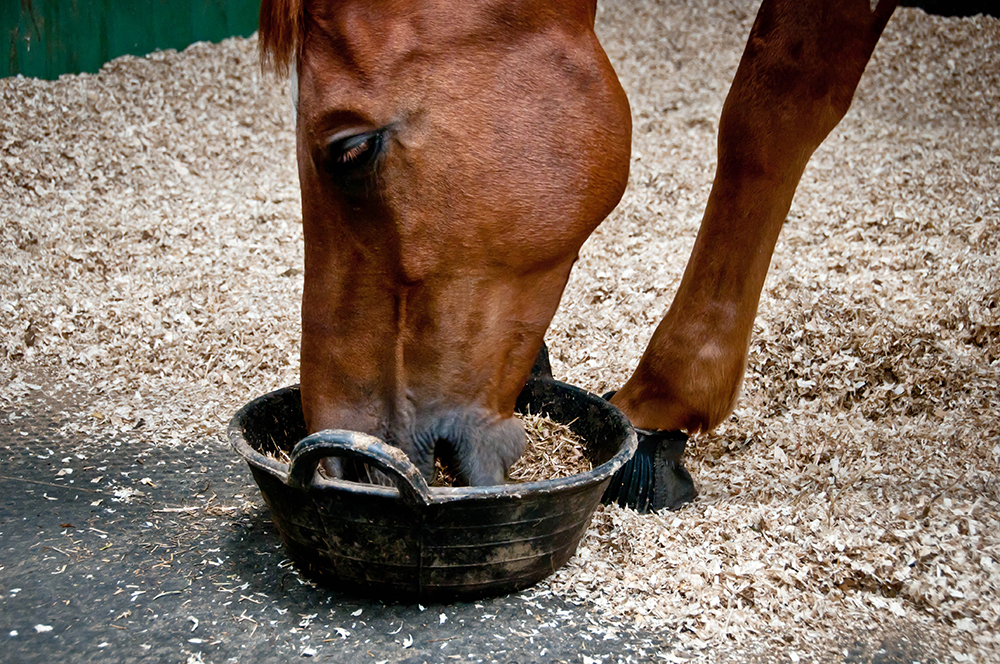In recent years, the use of turmeric for horses has gained significant attention in the equestrian community. Known for its anti-inflammatory and antioxidant properties, turmeric offers numerous benefits for horses. This article will delve into the reasons why turmeric might be an excellent addition to your horse’s diet.

The Science Behind Turmeric
Turmeric is a bright yellow spice derived from the plant Curcuma longa. Its active ingredient, curcumin, is credited with most of its health benefits. Curcumin is a powerful anti-inflammatory and antioxidant, making it beneficial for both humans and animals.
How Turmeric Works
Curcumin works by modulating various molecular pathways involved in inflammation and oxidative stress. This makes it particularly effective in managing conditions like arthritis and joint pain, common issues in horses.
Benefits of Turmeric for Horses
Anti-Inflammatory Properties
Inflammation can be a significant issue for horses, especially those involved in racing or heavy work. Turmeric can help reduce inflammation and provide relief to horses suffering from joint pain.
Antioxidant Benefits
The antioxidant properties of turmeric help combat oxidative stress, a condition that can lead to cellular damage. By reducing oxidative stress, turmeric supports overall equine health.
Improved Digestion
Turmeric can aid in digestion by stimulating bile production, which is crucial for fat digestion. This can be particularly beneficial for horses that have difficulty digesting fats.
How to Incorporate Turmeric into a Horse’s Diet
Dosage Recommendations
When adding turmeric to your horse’s diet, it’s essential to start with a small amount and gradually increase it. Typically, a dosage of 1-2 teaspoons per day is recommended, but it’s always best to consult with a veterinarian.
Combining with Other Supplements
Turmeric can be combined with other supplements like flaxseed and multivitamins to enhance its effects. Adding black pepper can also increase the absorption of curcumin.
Potential Side Effects
While turmeric is generally safe for horses, it’s essential to monitor for any adverse reactions. Some horses may experience gastrointestinal upset or allergic reactions. Always consult with a veterinarian before starting any new supplement.
Frequently Asked Questions
Is turmeric safe for all horses?
Yes, turmeric is generally safe for most horses, but it is essential to introduce it gradually and consult with a veterinarian.
Can turmeric replace traditional medications?
While turmeric has anti-inflammatory properties, it should not replace prescribed medications without veterinary guidance.
How long does it take to see results?
The time it takes to see results can vary, but many horse owners report improvements within a few weeks of adding turmeric to their horse’s diet.

Conclusion
Incorporating turmeric into your horse’s diet can offer numerous health benefits, from reducing inflammation to improving digestion. However, it’s crucial to consult with a veterinarian to tailor the dosage and assess the suitability for your specific horse. For more information on equine nutrition, visit this comprehensive guide.
This article contains affiliate links. We may earn a commission at no extra cost to you.
